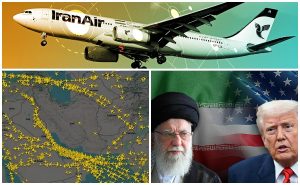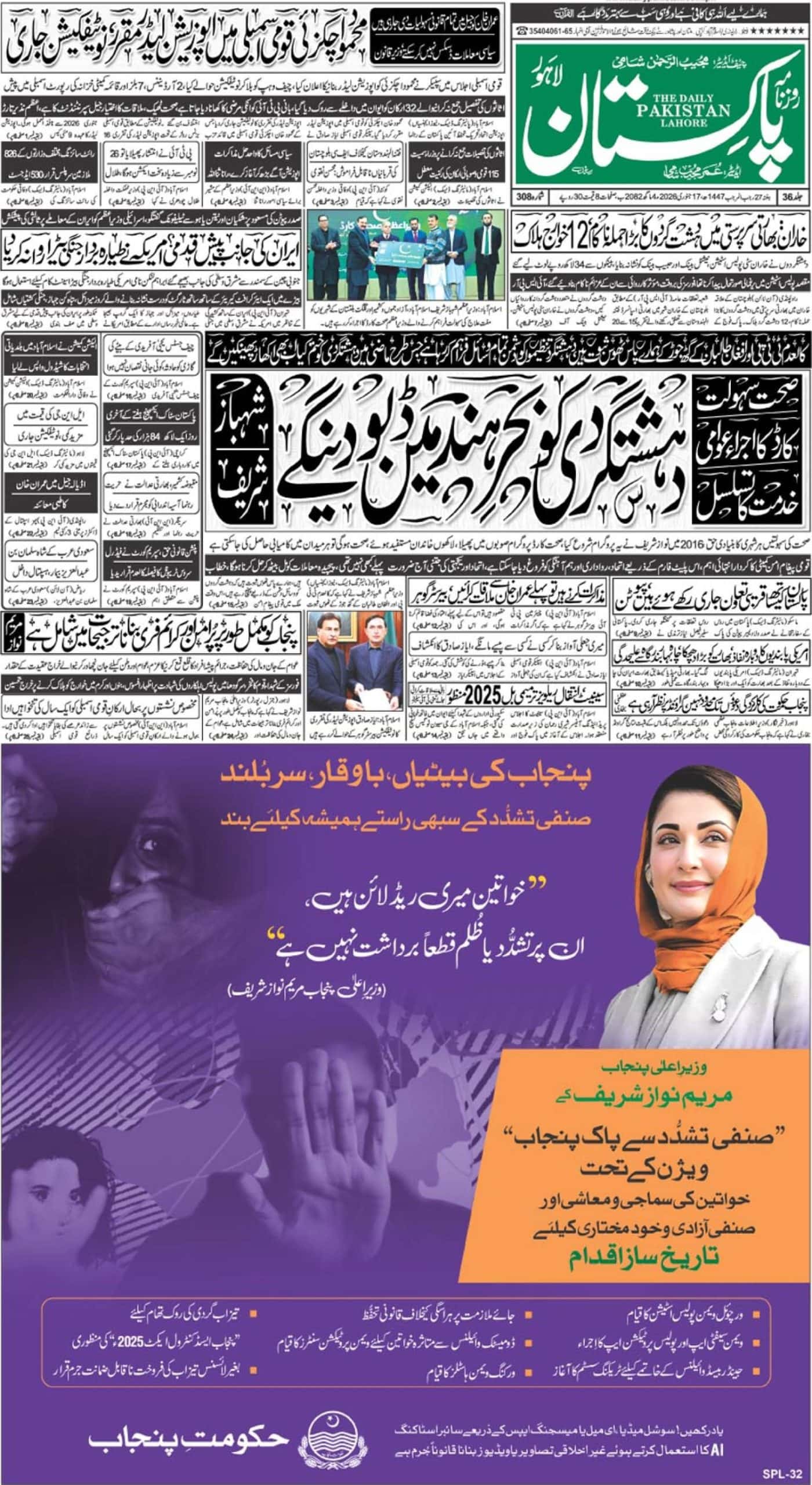BEIJING – China Wednesday said it guaranteed normal religious practices and respect the customs of religious believers and asked the western media to abide by journalistic ethics while reporting about vocational training institutions in Xinjiang.
“First of all, I want to correct you again. I don’t know what the ‘re-education camp’ you are talking about,” Chinese foreign ministry’s spokesperson Lu Kang said during his routine briefing while responding to a reporter who claimed that re-education camp in Xinjiang was linked to demolitions of Muslims mosques across China.
“We have said many times that the vocational skills education and training institutions established in Xinjiang have a very clear purpose,” he added.
The spokesperson informed that like other countries in the world, the Chinese government was taking preventive measures based on the need to fight terrorism and de-extremism.
“Such measures may be different in different countries, but the objectives are the same,” he added.
Lu Kang said, “As for your reference to the existence of anti-Islamism in China, I can tell you responsibly that there is no such situation.”
He said China implemented the policy of freedom of religious belief, adding, “Like other countries, we manage religious affairs in accordance with the law, resolutely oppose and combat religious extremism, and at the same time guarantee the normal religious needs of religious believers and respect the customs of religious believers.”
The spokesperson said China had more than 20 million Muslims and more than 35,000 mosques. The majority of religious believers could freely engage in religious activities in accordance with the law.
“I hope that the relevant media should not be keen on some untrue words, let alone concoct false news, but should abide by the journalistic professional ethics,” he added.
Two separate groups of Beijing-based diplomats and journalized had visited vocational training centres in Kashgar and Hotian in Xinjiang Uygur autonomous region.
They were briefed that vocational education centres had proved effective in eliminating religious extremism in the region.
They were told that these centres were not concentration or re-education camps as portrayed in some media reports rather they were like boarding schools where trainees enjoy free food and accommodations, learn languages, study laws and acquire skills.














